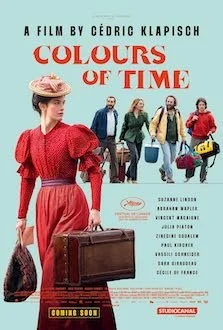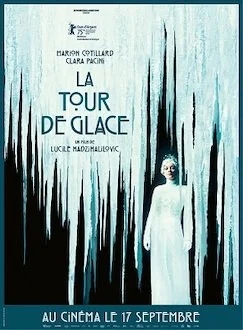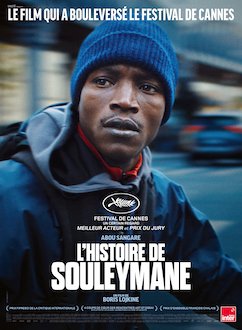Direction: Alain Guiraudie
Country: France
Stranger By The Lake’s director Alain Guiraudie attempts to shock with Misericordia, a silly, slippery, and stiffly libidinous rural comedy-thriller whose wobbly parts add up to an uneven whole. With an absurdist edge reminiscent of Lanthimos, the film begins with intriguing observations and enigmatic characters, only to reduce them to the flimsy ideas they represent. Both the story and the style end up lumbering and graceless, sketching a web of desires and suspicions that feels amorphous, undercooked, and oddly weightless.
Former baker Jeremie (Félix Kysyl, in his first leading role), now living in Toulouse, returns to his hometown of Saint-Martial for his former boss’s funeral. There he reconnects with the boss’s protective widow (Catherine Frot), her belligerent son (Jean-Baptiste Durand), and the latter’s closest friend (David Ayala). A voluptuous, amoral priest—whose intentions remain both unprincipled and self-serving—joins the mix. Their relationships, initially ambiguous, turn sinister, but the film’s formula burns out long before it has a chance to ignite.
Several scenes are outright ludicrous—especially those involving the police—while others strain for provocation, like the fleeting shot of a priest with an erection. These moments feel less like organic absurdity and more like screenwriter contrivances, gestures meant to veer sharply from expectation without becoming any more compelling. Guiraudie clearly aims for a strain of outrageousness he never fully embraces.
As a highly manufactured piece, Misericordia feels more pathetic than smart, functioning like a one-joke film where the filmmaker keeps forgetting to tell it. One doesn’t find enough juice here to keep the boredom at bay.








































